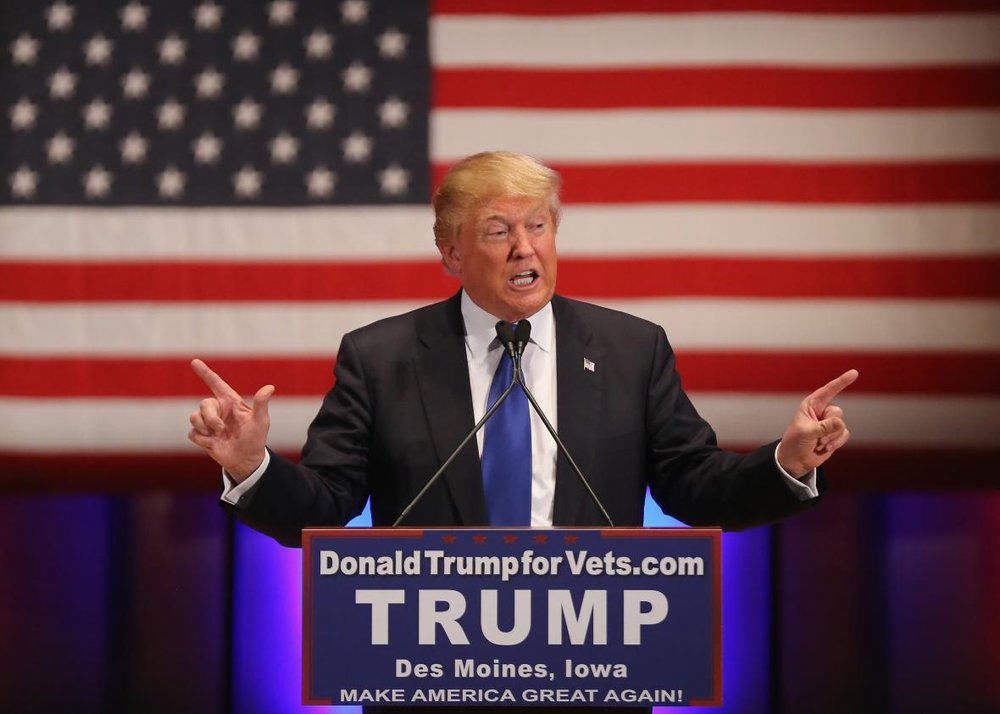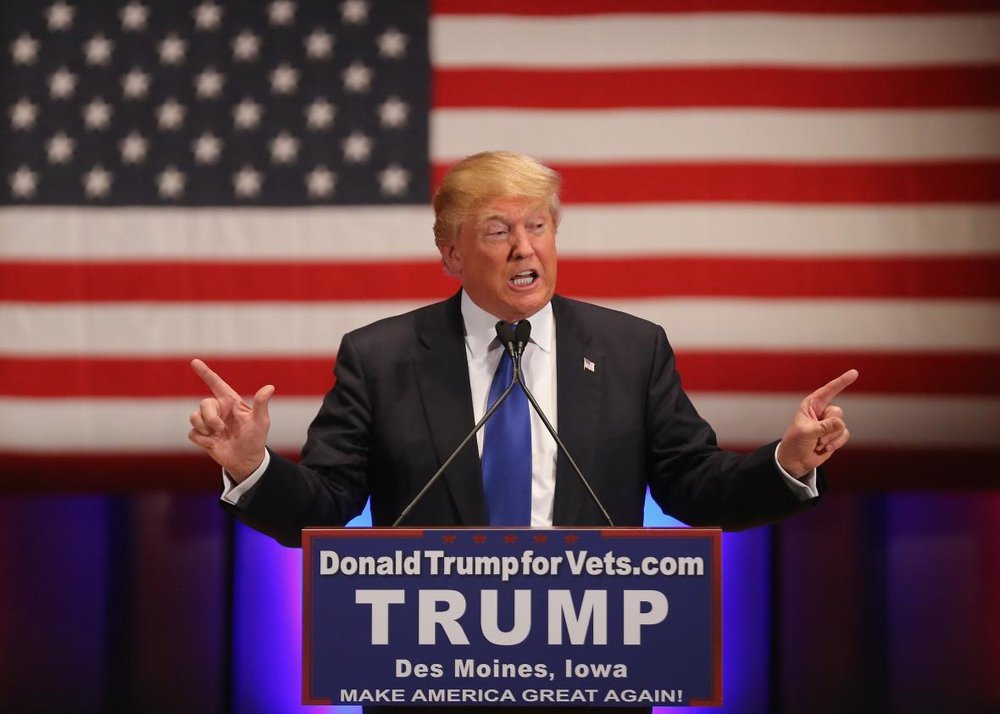Will 2017 be better than 2016? Dates of key elections, major events that will shape the year ahead

As the year ends very much as it began – with political turmoil and shocking celebrity deaths – many are making clear they cannot wait for 2016 to come to an end. Yet there are far from any guarantees 2017 will be any better.
While there is, of course, no way of predicting the deaths of beloved famous people, there is reason to think the increase experienced in 2016 could become the norm. It is now 50 years since the rise of celebrity culture following the advent of the television age and birth of pop music, as the BBC pointed out recently. What’s more, with the advent of social media, there is now a collective grieving that only amplifies the scale of the loss.
But if celebrity deaths can’t be predicted, a number of people and organizations have been theorizing what may happen politically. Certainly, there are a number of key dates in 2017 that could shape the global political and social climate in the year ahead.
Jan. 20: Donald Trump’s inauguration

While Donald Trump’s election victory may have been the biggest, and arguably most shocking, event of 2016, the reality of his presidency will only begin in January 2017. There will, of course, be much attention on his inaugural address and to what degree he attempts to remedy the divisiveness of the election and some of his cabinet appointments. But there will also be plenty of focus on events around the inauguration and specifically the numerous protests that are planned.
Early 2017: Will Britain trigger article 50?

Arguably the event that set the tone for a series of populist uprisings in 2016 was Britain’s vote to leave the European Union in June. But the wrangling over the stunning decision has continued since, with heated debates over how it will be done and the exact timeline. Prime Minister Theresa May has said she wants to trigger Article 50, officially starting the process of leaving the EU, by the end of March. However, the Supreme Court is set to rule in January on whether she has sufficient authority to trigger it without consulting Parliament.
March 15: Dutch election

The first of a series of elections in Europe that will determine whether the continent takes a further rightward turn toward anti-immigrant, anti-EU platforms will come in Netherlands. And of all the elections, this is the one most likely to result in a populist candidate coming to power. Geert Wilders, who was recently found guilty of inciting discrimination for saying the Netherlands would be safer with fewer Moroccans, has also made a series of inflammatory comments about Islam and immigrants. But his Party for Freedom also has been leading the polls ahead of March’s election, meaning he could well become the country’s new prime minister.
March 26: Hong Kong chief executive election

The coming year will see the 20-year anniversary of Hong Kong’s return to China from Britain and the beginning of the “one country, two systems” framework. The tone for the festivities could well be set by the election for Hong Kong’s chief executive, the head of the city’s government. The unpopular Beijing-siding Leung Chun-ying has announced he will not run for re-election; however, his replacement will be decided not by the people but by an Election Committee appointed by the Chinese government. Following the Umbrella Revolution protests of 2014, there could be more unrest depending on which candidate is chosen.
April 23: French presidential election

Ever since Brexit and the rise of Trump, an eye has been cast toward the 2017 French presidential election and the possibility of Marine Le Pen coming to power. The leader of the far-right National Front Party has said she is opposed to a multicultural France and to the European Union. After a rise to prominence in recent years, she is one of the leading candidates to replace François Hollande after the deeply unpopular president announced he will not run for a second term. The battle is set to be between Le Pen and the candidate currently leading in the polls, former Prime Minister François Fillon of the center-right Republicans. The two could well go into a run-off May 7.
May 19: Iran presidential election

Iran is already a country to watch in 2017, given President-elect Trump has called the Iran nuclear deal a “disaster” and vowed to “dismantle” it. Amid the uncertainty over the deal, Iran’s rial hit a record low against the U.S. dollar this week, providing a further blow to the hopes of President Hassan Rouhani winning re-election in May. The moderate conservative was a surprise winner of the last election four years ago and initially stabilized the economy. But if a member of the country’s principalist faction seizes power, it could further threaten relations with the U.S. and beyond.
Oct. 22: Germany’s federal election

German Chancellor Angela Merkel, long the stabilizing, unifying force in European politics, is suddenly under pressure heading into October’s federal election. Seen by many as an example to follow for her stance on accepting large numbers of asylum seekers at the heart of the refugee crisis in 2015, she has come under growing criticism even from within her own Christian Democratic party. While still favored to win a fourth term, as her poll numbers have declined, the populist far-right Alternative for Germany party has seen a huge boost in popularity and now promises to be a wildcard in the election.
(Source: ibtimes.com)
Leave a Comment